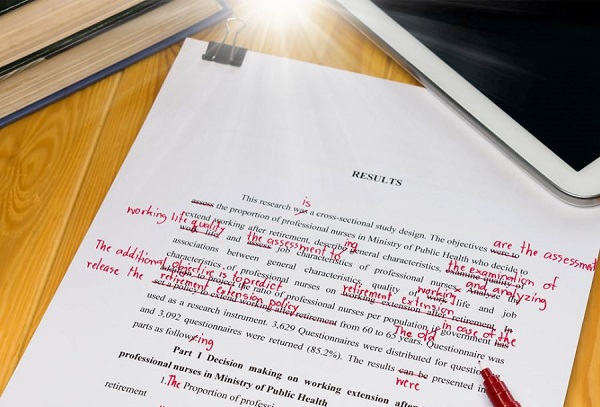Capturing detail and specificity helps those industries heavily reliant on documentation better manage compliance, reporting, and in the instance of law enforcement, bring criminals to justice.
Documentation is a powerful communications tool. Regardless of medium – a long report, a short email, or a quick note; when captured, should represent a clear and detailed memorialization of events. And in fields like law enforcement, legal to financial services and social services, the accuracy of documentation is one of the more critical components of the job.
We talk accuracy each, and every day; how our voice and language solutions take spoken words and intelligently transcribe them into text. Above and beyond getting spelling and context of dictation right, there’s a larger concept of documentation accuracy that is essential to many of the industries we serve; namely, the ability to capture detail and specificity to better help manage compliance, reporting, and in the instance of law enforcement bring criminals to justice.
I wrote in an earlier blog about the forgetting curve; that within an hour people will have forgotten an average of 50 percent of the information presented to them. Event-recall is one of the more important elements of effective documentation; and capturing thoughts in the moment only helps better preserve details.
From contemporaneous notes that can impact a legal proceeding; a police incident report that can determine the outcome of a criminal case; the interaction between client and financial advisor that better helps mitigate compliance risk; to a caseworker’s meeting notes that serve to determine the critical services a client receives; the stakes to chronicle daily interactions within reports, and other business paperwork accurately, effectively – and oftentimes with immediacy – is extremely important.
Law enforcement is a prime example of the material impact of high-value documentation. According to Edward F. Davis, former Police Commissioner of the City of Boston and President and CEO of Edward Davis, LLC, in some instances, the accuracy and timeliness of incident reports can determine criminal convictions.
“A major part of what we do behind-the-scenes is documenting what happened in our communities, says Davis. “Every word, every decision and every action can be subject to scrutiny and hindsight. A poorly worded or badly organized report can mean the difference between a criminal being brought to justice or going free. In fact, in my own career I’ve seen criminal convictions because of good police work combined with accurate documentation of evidence.”
It’s clear: for these and other industries, capturing detailed, actionable documentation plays an integral role in effectively serving the businesses and constituencies they serve.






